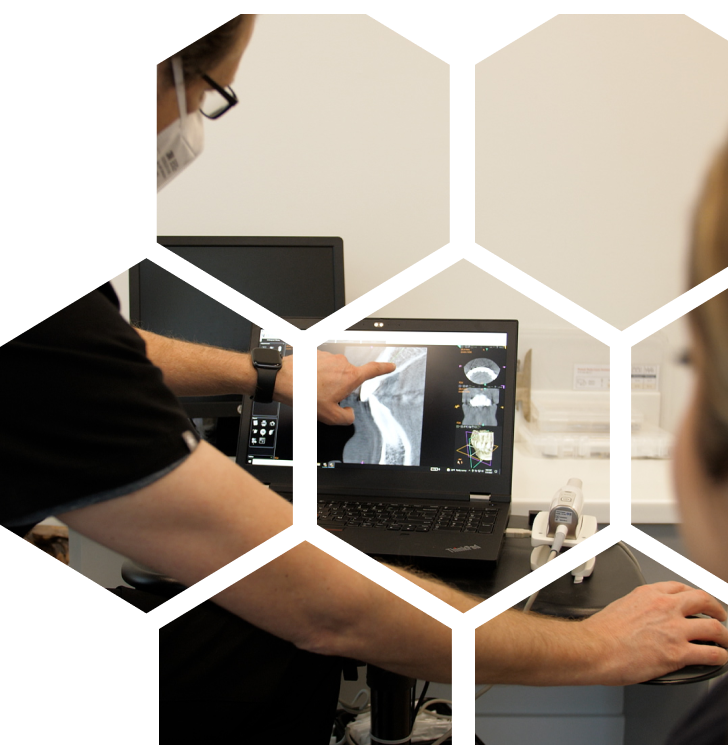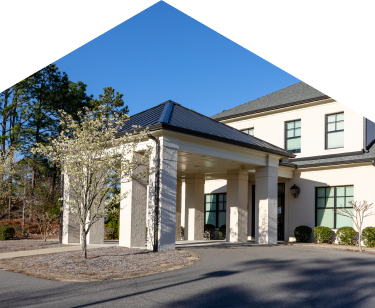Frequently Asked Questions
When should I see a doctor for TMJ?
We recommend seeing a doctor as soon as you notice there’s an issue — even if the problem seems small now, it will likely worsen and cause you more pain in the future
What causes jaw pain when chewing?
There’s no one cause of jaw pain because it’s a complicated area of your body. If you grind your teeth.
Is ear pain when chewing or yawning normal?
No, you shouldn’t experience ear pain when chewing or yawning. If it’s only one time, it’s likely not a cause for concern but if you feel pain often you may want to seek professional advice.
Should my jaw pop when I chew?
There’s no one cause of jaw pain because it’s a complicated area of your body. If you grind your teeth.
Can TMJ cause hearing loss?
The TMJ is located close to your ear, so if there’s an issue with your joint, it’s possible for your hearing to be affected.
Can TMJ cause muscle spasms?
A TMD can be worsened by stress in your face and jaw muscles, which can also lead to muscle spasms. If you hold a lot of tension in your jaw, you may be affected by both of these issues.
Can TMJ lead to sinus headaches?
Headaches are a common side effect of TMD, so if you experience jaw pain alongside your headaches you could benefit from TMJ treatment.
What is the best pain medication for TMJ?
Over-the-counter pain medications can be used to decrease the amount of discomfort you feel on a daily basis. If your pain isn’t relieved by these medications, professional treatment can help.

